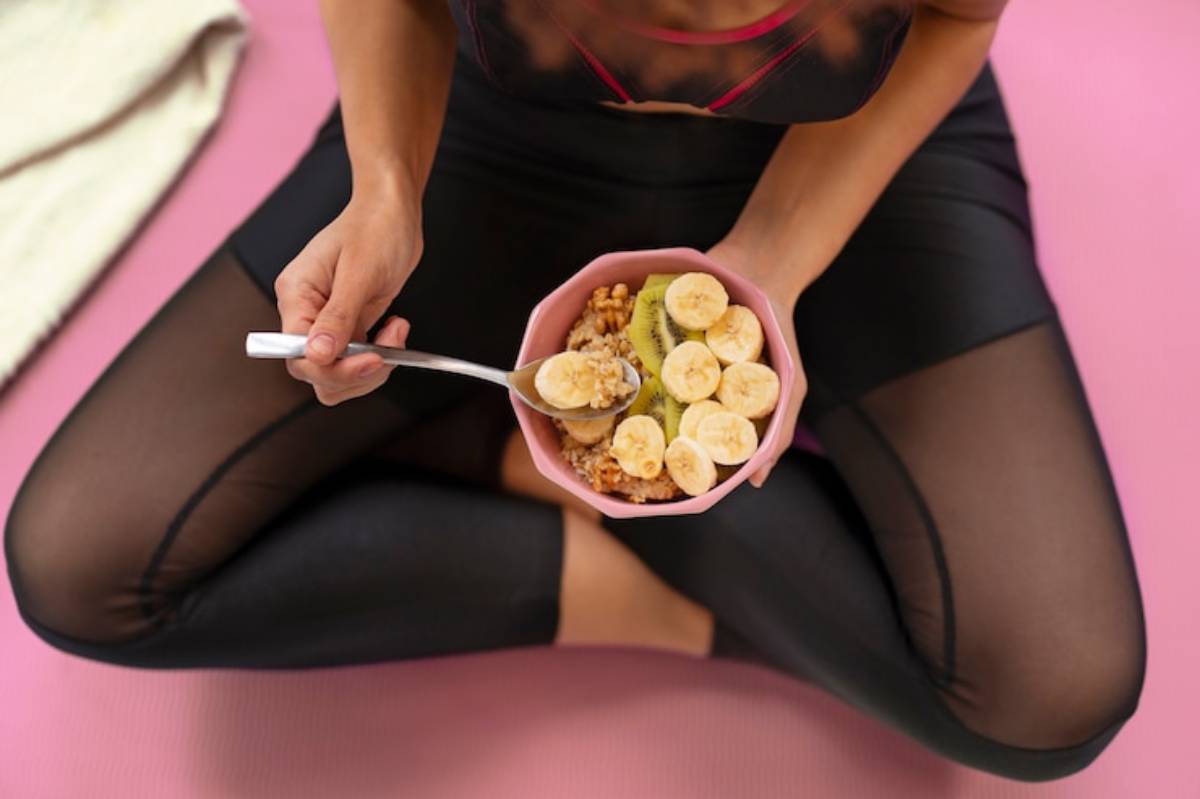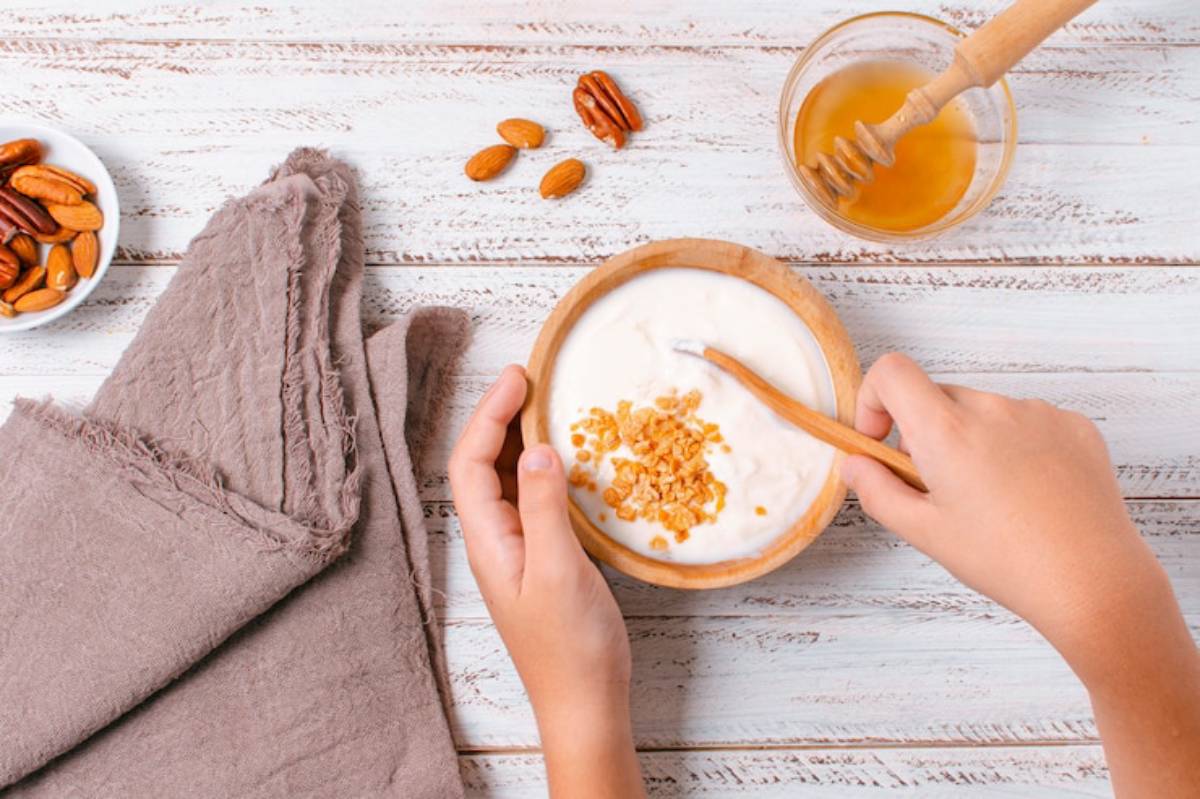
Morning vs Evening Pre-Workout Meals
Ever wondered if your pre-workout meal should change depending on the time of day you exercise? You’re not alone. Choosing the right fuel, whether it’s a pre-workout breakfast or a strategic evening snack, can dramatically impact your energy, performance, and results.
In this guide, we’ll break down the nuances of morning vs evening pre-workout meals, offering practical tips, real-world examples, and expert-backed advice. Whether you’re a sunrise runner or a night owl lifter, you’ll discover how to fine-tune your workout meal schedule for peak performance.
Why Pre-Workout Nutrition Matters
Before diving into timing specifics, let’s briefly recap why pre-exercise nutrition is so crucial.
- Fuel for Performance: Carbohydrates provide readily available energy for your muscles.
- Muscle Protection: Protein supports muscle repair and prevents breakdown.
- Improved Recovery: Nutrients taken before exercise can enhance recovery post-workout.
Skipping pre-workout nutrition can leave you feeling sluggish, light-headed, or underpowered when you need to perform your best.
Morning Workouts: Pre-Workout Breakfast Strategies
The Challenges of Morning Exercise
Morning workouts often mean training on limited time — and limited appetite. Digesting a full meal before a 6am spin class? Not ideal.
Ideal Pre-Workout Breakfast Choices
Aim for a light, carbohydrate-rich meal or snack about 30–60 minutes before your workout.
Quick Pre-Workout Breakfast Ideas:

- Low-fat Greek yoghurt with honey
- Banana with a spoonful of almond butter
- A small bowl of oats with berries
- Wholegrain toast with a light spread of peanut butter
Pro Tip: Choose easy-to-digest foods to avoid gastrointestinal discomfort.
Should You Train Fasted in the Morning?
Some people thrive on fasted morning workouts, especially for lower-intensity cardio. However, if you’re lifting weights or doing high-intensity intervals, a small pre-workout breakfast can significantly boost your performance.
Real-world scenario: Emma, a busy professional, found that sipping on a smoothie during her commute gave her the energy boost she needed for her 7 AM CrossFit class.
Evening Workouts: Night Workout Nutrition Essentials
Why Evening Nutrition Is Different
Evening exercisers usually have the advantage of multiple meals consumed earlier in the day. This means you’re less likely to face depleted glycogen stores — but timing becomes crucial.
How to Time Your Night Workout Nutrition
2–3 Hours Before:
- Eat a balanced meal with carbohydrates, lean protein, and healthy fats.
- Example: Grilled chicken with sweet potatoes and steamed vegetables.
30–60 Minutes Before:
- Choose a small, carb-focused snack to top up your energy.
- Example: Rice cakes with hummus or a handful of dried fruit.
Key Reminder: Avoid large, heavy meals right before bed to prevent digestion issues and sleep disruption.
Best Foods for Night Workouts

- Cottage cheese and pineapple
- Protein smoothie with banana
- Turkey and avocado wrap
Case Study: Jack, an amateur powerlifter, struggled with sluggish evening sessions until he started eating a light, carb-rich snack an hour before hitting the gym.
Matching Pre-Workout Meals to Your Training Goals
Fat Loss Goals
- Morning: Light, fast-digesting carbs (e.g., half a banana).
- Evening: Manage portion size; avoid overeating after your session.
Muscle Gain Goals
- Morning: Small meal with carbs and protein.
- Evening: Balanced pre-workout meal plus a post-workout recovery meal.
General Fitness
- Morning: Something is better than nothing — even a handful of raisins!
- Evening: Time your meals to finish eating at least 1–2 hours before exercise.
Explore more: Perfect Your Pre- and Post-Workout Meals.
Practical Meal Timing Templates
Morning Template (Workout at 7am)
- 6:00 AM: Small snack (banana or energy bar)
- 7:00 AM: Workout
- 8:30 AM: Full breakfast (eggs, toast, avocado)
Evening Template (Workout at 7pm)

- 4:00 PM: Main meal (chicken, quinoa, salad)
- 6:00 PM: Light snack (yoghurt and berries)
- 7:00 PM: Workout
- 8:30 PM: Recovery meal (protein shake, small meal if needed)
Common Mistakes to Avoid
- Skipping your pre-workout meal entirely: Especially for intense sessions.
- Eating too much too close to training: Can cause discomfort and sluggishness.
- Relying on high-fat or high-fibre foods: These slow digestion, not ideal right before exercise.
Insider Tip: Test different meal timings and compositions to see what works best for your body.
Real-World Stories: Success with Smart Pre-Workout Eating
Laura’s Story: Laura started a morning running club but often felt dizzy halfway through. Adding a banana 30 minutes before her runs made a massive difference in her energy levels and performance.
Mike’s Journey: Mike’s evening lifting sessions often ended with him too wired to sleep. He adjusted his night workout nutrition by choosing lighter pre-workout snacks and ensuring his main meal was earlier. Now, he lifts stronger and sleeps soundly.
Lesson: Tweaks in your workout meal schedule can unlock better performance and recovery.
Myth Busting: Morning vs Evening Pre-Workout Myths
1. “Morning workouts don’t need nutrition.”
Reality: Even a small snack can enhance performance.
2. “You shouldn’t eat after an evening workout.”
Reality: Post-workout nutrition supports recovery, even at night — just keep it light and digestible.
3. “Heavy meals fuel better workouts.”
Reality: Large meals close to exercise often cause sluggishness. Portion size matters!
Timing Your Fuel for Peak Performance
Morning or evening, your body needs smart fuel to perform at its best. A light pre-workout breakfast can turbocharge your early training sessions, while a well-timed night workout nutrition plan ensures strong evening performances.
The key? Listen to your body, plan ahead, and adjust your workout meal schedule as needed. You’re unique — your pre-workout strategy should be too!
Now it’s your turn! Are you a morning warrior or a night-time ninja? What’s your favourite pre-workout meal? Share your tips and experiences in the comments — let’s learn from each other!